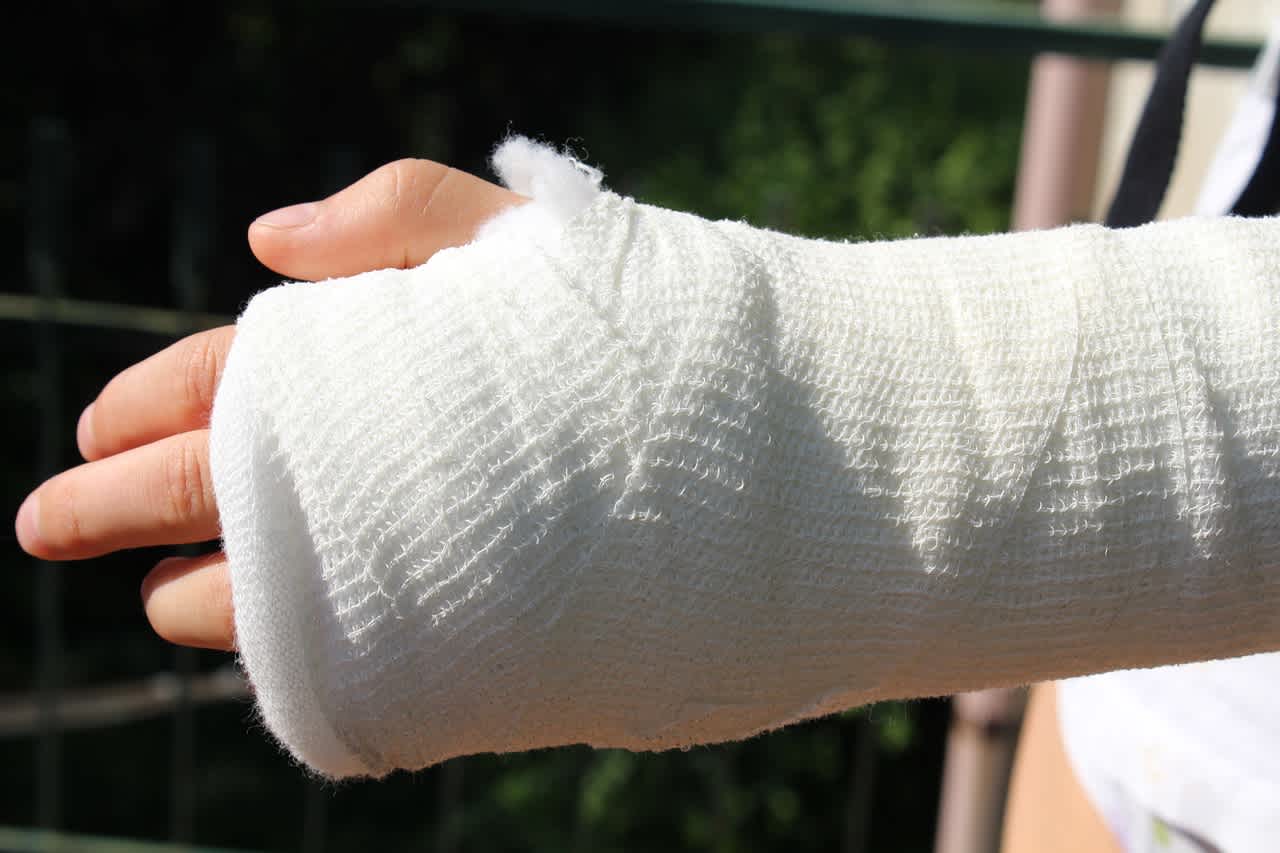Six Crucial Online Resources for Workplace Injury Support
ByJulian Gette
Workast publisher

Workast publisher
From sprains and strains to more severe incidents like fractures and traumatic brain injuries, navigating the aftermath of a workplace accident is sure to feel overwhelming. Accessing reliable online resources is crucial in these situations, as they offer guidance on things like medical care, legal rights, and recovery support.
Tapping into these resources can provide much-needed clarity and direction during challenging times. So, let’s explore six crucial online resources for workplace injury support.
Government websites should serve as your first line of information after a workplace injury. Resources like the Occupational Safety and Health Administration (OSHA) site offer detailed guidelines on reporting incidents and understanding your rights. And the U.S. Department of Labor's website provides comprehensive data on workers' compensation benefits, helping you navigate the claims process efficiently.
Government platforms ensure you stay informed about legal protections and available support systems. They also frequently update regulations, ensuring you're aware of any changes that might affect your case or recovery plan.
By starting with these authoritative sources, you gain a solid foundation to tackle the aftermath effectively.
Healthcare portals play a crucial role in managing workplace injuries. Platforms like MyChart and PatientGateway allow you to access medical records, schedule appointments, and communicate directly with healthcare providers. This streamlined communication ensures you stay on top of treatment plans and follow-up care.
Additionally, specialized sites such as MedlinePlus offer in-depth information on injury-specific treatments and recovery strategies. Utilizing these resources helps you make informed decisions about your health.
The integration of telehealth services further enhances accessibility, allowing for virtual consultations that can expedite diagnosis and treatment. In essence, healthcare portals provide the tools needed for comprehensive injury management at your fingertips.
Online mental health resources become invaluable after a workplace injury. Websites like BetterHelp and Talkspace provide virtual therapy sessions, offering emotional support during recovery. These platforms connect you with licensed therapists specializing in trauma and stress management.
Moreover, mental health apps such as Headspace offer guided meditation and mindfulness exercises to alleviate anxiety. Engaging with these online services ensures comprehensive care, addressing both physical and psychological aspects of recovery, thus promoting holistic well-being during challenging times.
Personal injury law firms can play an indispensable role in navigating the legal complexities following a workplace injury. Vaughan & Vaughan, for example, advocate for injured workers to ensure they receive rightful compensation.
These firms offer expert advice on filing claims and understanding your rights under state and federal laws. Engaging with a reputable law firm helps streamline the legal process, alleviating some of the stress associated with pursuing a claim while you focus on recovery.
Digital forums and community support groups offer a sense of camaraderie and practical advice for those dealing with workplace injuries. Websites and specialized social media groups allow individuals to share experiences, tips, and resources.
These online communities provide emotional support from peers who understand your situation firsthand. Additionally, they often feature discussions on things like navigating the workers' compensation system, finding reliable medical professionals, and handling employer disputes.
Engaging with these platforms helps build a supportive network that is essential for both mental resilience and practical guidance during recovery.
Lastly, non-profit organizations provide crucial additional support for those recovering from workplace injuries. Groups like the National Safety Council (NSC) and Workers’ Injury Law & Advocacy Group (WILG) offer resources ranging from legal advice to rehabilitation programs.
These organizations often have online portals where you can access educational materials, connect with experts, and join support networks. They also run initiatives aimed at advocating for safer work environments.
Leveraging these resources ensures comprehensive support, addressing both immediate recovery needs and long-term well-being.
